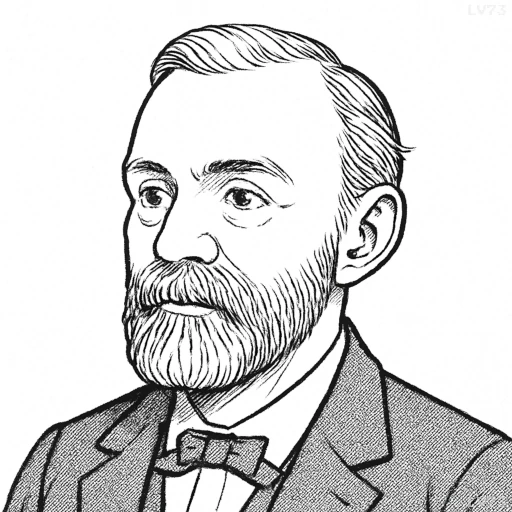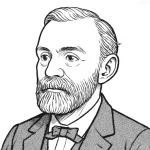“One can state, without exaggeration, that the observation of and the search for similarities and differences are the basis of all human knowledge.”

- October 21, 1833 – December 10, 1896
- Born in Sweden
- Inventor, chemist, businessman
table of contents
Quote
“One can state, without exaggeration, that the observation of and the search for similarities and differences are the basis of all human knowledge.”
Explanation
This quote highlights the fundamental role of comparative analysis in the development of human understanding. By observing patterns, connections, and distinctions, we construct frameworks for learning, reasoning, and innovation. Alfred Nobel, as a scientist and inventor, likely saw this principle at work in his own research, where identifying both parallels and contrasts between substances or ideas led to groundbreaking discoveries.
Historically, this concept resonates with the scientific method and the broader pursuit of knowledge. From Aristotle’s classifications of nature to Darwin’s theory of evolution, progress in science and philosophy has relied on noticing shared traits and critical divergences. Nobel’s own success in stabilizing nitroglycerine to create dynamite exemplifies this approach, as he analyzed chemical behaviors to solve practical problems.
In the modern world, this idea remains central to disciplines ranging from artificial intelligence to cultural studies. For example, machine learning algorithms are designed to recognize patterns and differences to predict outcomes or classify data. Nobel’s insight underscores the timeless importance of comparison as a tool for discovery, reminding us that learning often begins with the simple act of noticing connections or contrasts in the world around us.
Would you like to share your impressions or related stories about this quote in the comments section?

